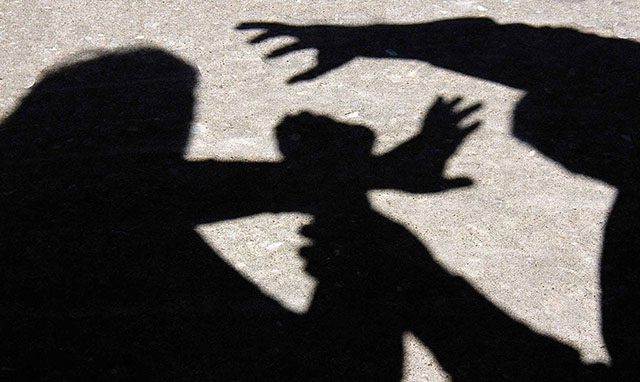
Social media users commended a woman for standing up against a sexual harasser whom she encountered on a public bus during a commute.
The woman took a video of a man standing by the aisle and facing her while she sat. His pants were unzipped and he was revealing his manhood to her.
When she called out the attention of her fellow commuters about it, the man immediately zipped his pants as she hurled expletives.
“Put*ngina mo ka ha bat nilalabas mo t*ti mo ha!!!”
Paskong pasko? Maagang regalo? Kupal ka ah hahahahahahaha pic.twitter.com/Wq5Pqeee4n
— Ushwa™ (@joshuapaciben_) December 22, 2018
The woman also threatened to call the police but the man vehemently denied his actions.
While the video didn’t capture the whole incident, a longer version on YouTube showed that the man briefly knelt in front of her and later on descended from the bus as the woman continued to curse him.
Those who saw the video praised the woman for her initiative to record the incident and call out the sexual harassment. They called her “brave” and admired her show of “courage” for publicly condemning the man.
IKULONG TONG MANYAKIS NA TO. BABOY. ANG KAPAL NG MUKHA. GAGAMITIN PA YUNG “PASKO NAMAN” EXCUSE NUNG NAHULI AT NAPAHIYA. LADIES, PLEASE BE AS BRAVE AS THIS WOMAN WHEN SOMEONE HARASSES YOU. LUMABAN KA. EXPOSE HIM FOR THE TRASH HE IS. https://t.co/kj3eKNLRyT
— Irish (@IrishDDizon) December 23, 2018
SOBRANG POWER NI ATE!!!
i'm pretty sure most women who take public transpo have experienced some sort of harassment/lewd displays. i wish i had this much courage that time. pero putangina sobrang power! this is the type of shit women have to go through on a normal basis. https://t.co/FYsy5QJiCK
— beata (@carolinobeata) December 23, 2018
In 2017, a woman who was sexually harassed in a bus gained admiration for standing up against the perpetrator. He touched her breast during the commute but she angrily confronted and punched him.
A study by Social Weather Survey in 2016 revealed that three in five women have experienced being sexually harassed at least once in their lifetime.
Culture of victim blaming
Research reveals that women rarely report sexual harassment cases due to fear of being shamed and being afraid of the consequences after reporting the incident.
They also tend to downplay the assault which in turn makes them harbor feelings of helplessness. Some of them are reluctant to file a complaint because they were drugged or inebriated when the assault took place.
Social psychologist Inés Hercovich noted that women are often victim blamed in such instances, prompting them to be silent instead.
Victim blaming is when the individual is held at fault for the traumatic incident that happened to them. In cases of sexual harassment, women are often asked about their attire or what they did to make the perpetrator do such an act.
Counseling psychology professor David Feldman said that the victim blaming culture comes from the notion that humans deeply believe “the world is a good and just place.”
They are inclined to assume that the victim might have done something bad to provoke a misdeed instead. He explained:
“When bad things happen to someone who seems a lot like us, this threatens our belief that the world is a just place. If that person could fall victim to rape, assault, robbery, or attack, perhaps we could, too.”
“So, to comfort ourselves in the face of this troubling realization and maintain our rosy worldview, we psychologically separate ourselves from the victim.”
“We wonder if he or she had done something to invite the tragedy. Maybe that survivor of sexual assault was wearing provocative clothing. Maybe that shooting victim was involved in gang activity. Maybe my neighbor had invited that burglary by associating with the wrong people.”
Feldman added that victim blaming is the individual’s way of self-protection, where the latter relies on reassuring himself that nothing similar will happen to him.









